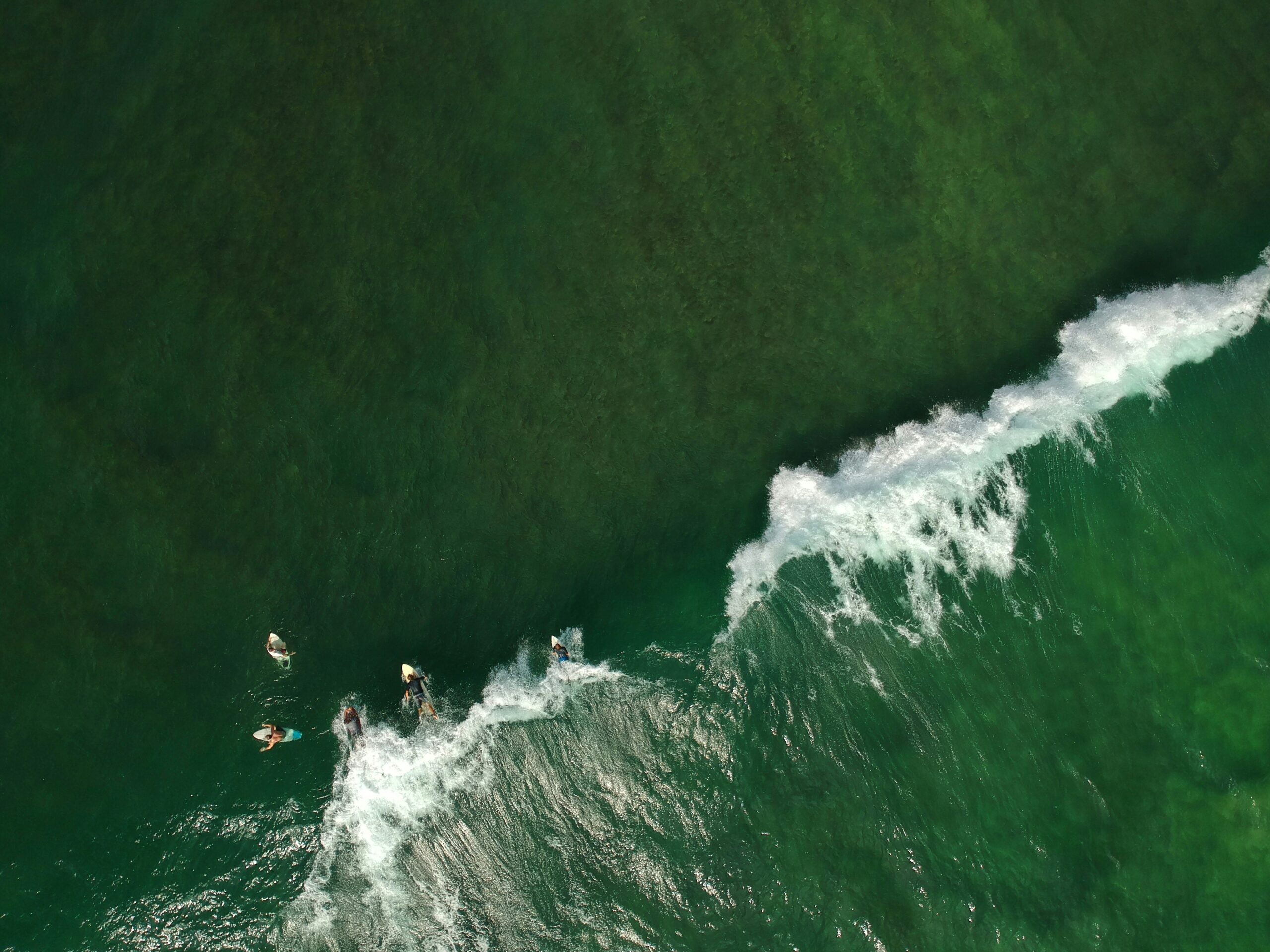Photo by Oleks Film
The world’s oceans are losing their greenness owing to global heating, according to a study that suggests the planet’s capacity to absorb carbon dioxide could be weakening. The change is caused by a decline of phytoplankton, the tiny marine organisms responsible for nearly half of the biosphere’s productivity.
The findings, which have alarming implications for oxygen levels and food chains, are based on a groundbreaking study of daily chlorophyll concentrations in low- to mid-latitude oceans from 2001 to 2023. Chlorophyll is a green pigment responsible for photosynthesis, the process by which plants, algae and phytoplankton convert sunlight, water and carbon dioxide into oxygen and glucose.
Using deep-learning algorithms, the authors compiled data from satellites and monitoring ships to assess changes in ocean hue. They found a significant decline of greenness—about 0.35 micrograms per cubic metre each year—over the more than two-decade study period. The trend was twice as high in coastal regions and more than four times greater near river estuaries.
They associate this with reduced ecological functioning of the ocean, finding a 0.088% annual decrease in carbon sequestration capacity, equivalent to 32 million tonnes. Di Long of Tsinghua University in Beijing, one of the study’s authors, said: “The decline in surface phytoplankton’s carbon sequestration capacity has profound implications for the carbon cycle.”
The paper attributes the change to rising temperatures associated with climate change. The heating of upper ocean strata near the surface has widened the temperature difference with colder depths, which is thought to be blocking vertical transport of nutrients on which phytoplankton depend. This confirms theories about the impact of global heating on ocean stratification.
Collaborating author Michael Mann of the University of Pennsylvania said: “This is the first study to robustly demonstrate that, yes, we can confidently conclude that we are seeing a decrease in the greenness of the ocean, indicating a lowering of marine productivity, constituting yet another threat to humanity associated with fossil fuel burning and human-caused planetary warming.”
The research contradicts several previous studies that suggested algal blooms were increasing in the oceans. The latest paper says earlier studies were less comprehensive and acknowledges that situations differ regionally and can be affected by agricultural runoff and other human activity, but concludes the broader picture of “significant decline” of phytoplankton is clear across low and mid latitudes. The study states: “These changes will profoundly affect the magnitude and distribution of marine ecosystem functioning.”
The authors recommend policymakers analyse marine ecological environments in coastal areas and formulate countermeasures, including more careful management of agricultural fertiliser, sewage discharge, deforestation and water pollution. However, the bigger challenge will be tackling the climate crisis whilst the world’s biggest natural carbon absorber is losing strength.
Di Long said: “Based on the findings, we have concerns about future global emissions reduction. The decline in ocean carbon sequestration capacity means that we may face greater emissions reduction pressure than expected.”
